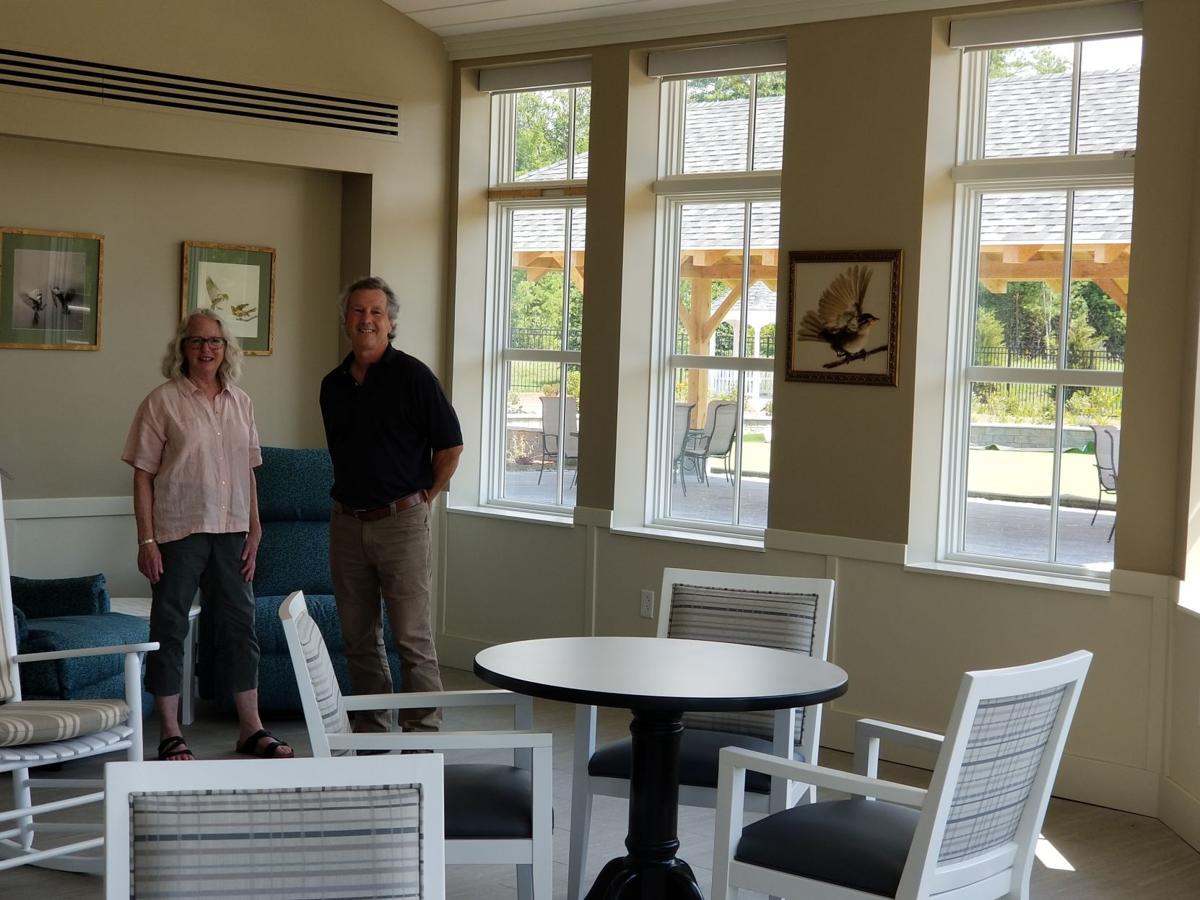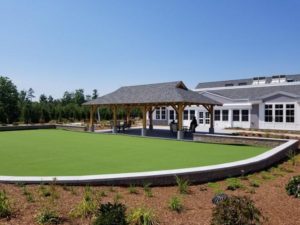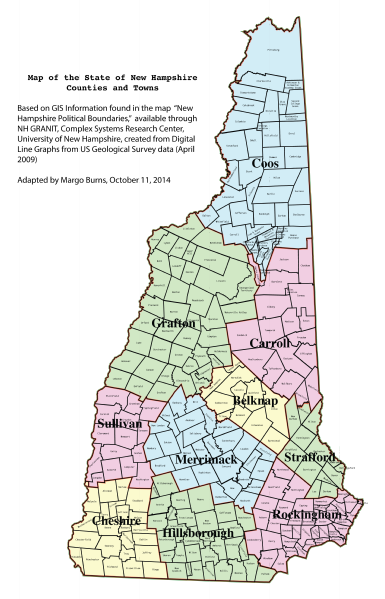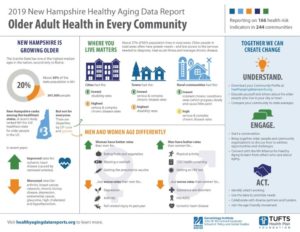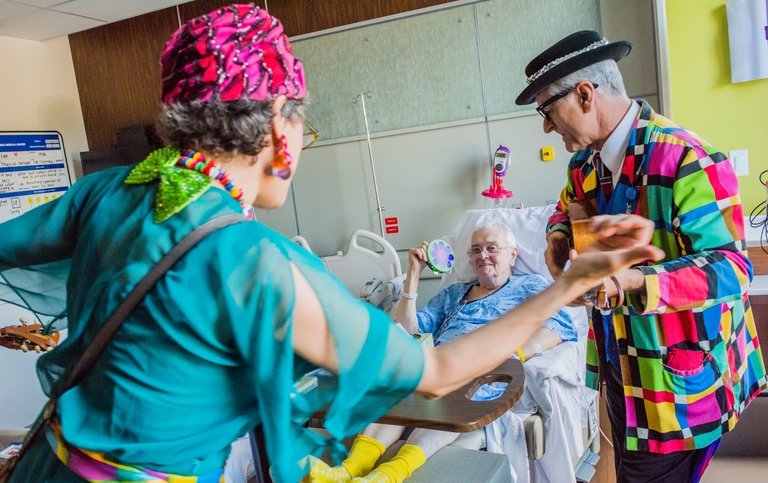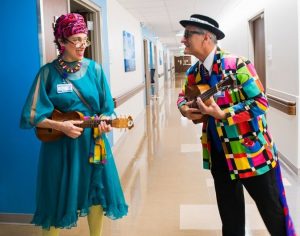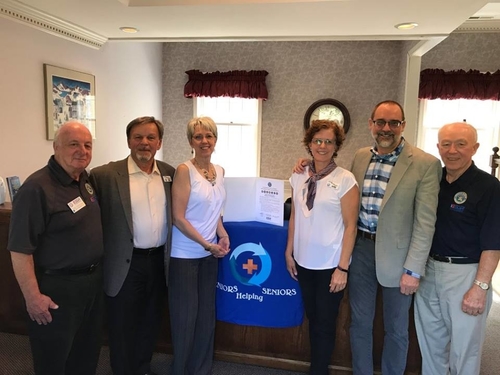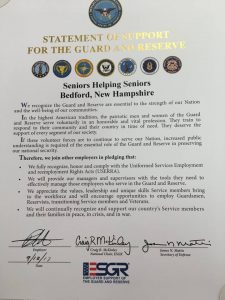
Probably one of the hardest conversations to have with an aging loved one is the “needing care” talk. A lot of the times the aging adult feels that help is unnecessary, and see it as a loss of independence. There are so many factors that come with resisting care. It’s important to try to see it from as many angles as possible. They could be scared that this means their life is ending, worried about being a burden, handling loss, and so much more. There are different ways you can handle resistance to care.

5 Strategies for Dealing With Resistance to Care
If talking it through the idea of care doesn’t work out, there are other strategies you can try.
1. Trial Run
Getting care can drastically change a person’s life, and that can be intimidating. Suggest a trial run and see how they feel after around a month. If there are any glaring issues, you can work together to figure out how to fix them.
2. Stay Positive
When talking about care, make sure to keep it positive. Mention activities they can do or creating a new friend with a home care provider.
3. Explain Why the Care is Needed
It’s not selfish to let them know that you also need the help and that having an extra set of eyes will make you feel better. Explain everything in an honest but considerate way, and they may be more willing to listen.
4. Be Upfront About the Costs
Costs can be a massive factor as to why they’re resisting care. Do research beforehand and explain that different types of insurance can help cover costs or go over the average prices of the kind of care you are hoping to use.
5. Be Patient
Remember, there’s a lot of emotion behind resistance to care. Try to be empathic to their point of view and focus on the big picture. You will have to make some compromises, but it will be worth it in the end.
Read more here.


